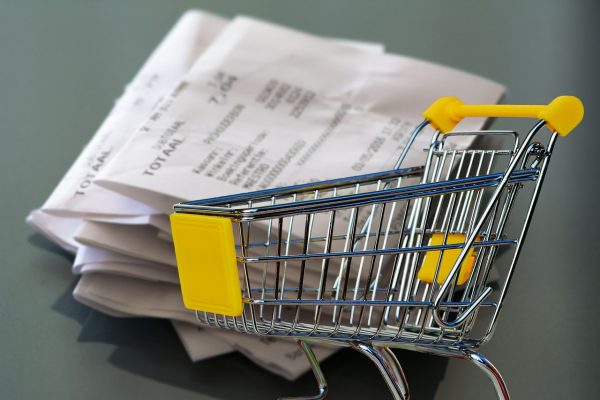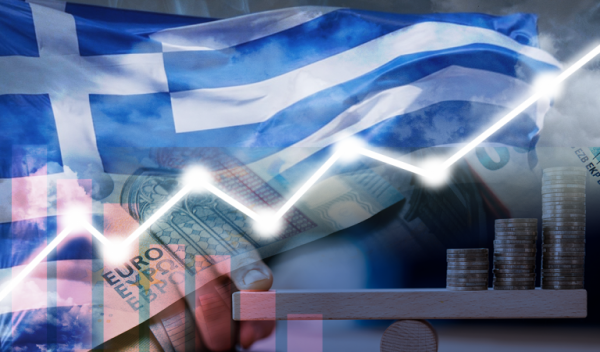
This year, Safer Internet Day is celebrated on 8 February. When talking about the safer and more responsible use of online technology and mobile phones, one of the issues that raises some concerns in terms of privacy is the (mis)use of cookies, according to Eurostat.
In 2021, 80% of people in the EU aged 16 to 74 who used the internet in the last three months prior to the survey knew that cookies can be used to trace people’s online activities. Awareness was higher (86%) among younger users (aged 16 to 24) and lower (74%) among older users (aged 55 to 74).
Although most people seem to be aware of this situation, only slightly above one third (36%) of users aged 16 to 74 reported that they had changed their internet browser settings to prevent or limit cookie use.
Additionally, only 21% use software that limits the ability to track their activities on the internet (in the 3 months prior to the survey), a 1-percentage point increase compared with 2020.

Source dataset: isoc_cisci_prv20
When it comes to changing the internet browser settings to prevent or limit cookies, the highest proportion of internet users, as compared with the EU average, was found in Finland (56%), the Netherlands (51%), followed by Germany and Luxembourg (both 46%). By contrast, a considerably smaller proportion of the internet users had taken such action in Cyprus (11%), Romania (16%) and Bulgaria (21%).
The corresponding percentage in Greece is close to 36% of the European average.
Among the EU Member States, internet users in Belgium were more serious about online tracking, with 51% using software to limit the ability to track activities online. They were followed by users in Malta (32%), the Netherlands (31%), Ireland (28%) and Sweden (27%). By contrast, the lowest shares of users that use this kind of software were in Bulgaria, Romania and Latvia (all 12%).
Latest News

Cost of Living: Why Greece’s 3% Inflation Is Raising Alarm
Greece appears to be in a more difficult position when it comes to price hikes, just as we enter the era of Trump’s tariffs.

Fitch Ratings Upgrades the Four Greek Systemic Banks
NBG’s upgrade reflects the bank’s ongoing improvements in its credit profile, Fitch notes in its report, including strong profitability, a reduction in non-performing exposures (NPEs), and lower credit losses

Trump to Announce Sweeping New Tariffs Wednesday, Global Retaliation Expected
With Trump's announcement just hours away, markets, businesses, and foreign governments are bracing for the fallout of one of the most aggressive shifts in U.S. trade policy in decades.

Inflation in Greece at 3.1% in March, Eurostat Reports
Average inflation in the eurozone settled at 2.2%, compared to 2.3% in February

Greece’s Unemployment Rate Drops to 8.6% in February
Despite the overall decline, unemployment remains higher among women and young people.

Jerry Kalogiratos Highlights Key Role of Energy Transition and Data Demand in LNG Outlook
Energy transition and the prospects of LNG were discussed at Capital Link’s 19th Annual International Maritime Forum, during a panel discussion with Jerry Kalogiratos (Capital Clean Energy Carriers Corp.)

Santorini Safe and Ready for a Dynamic Tourism Season
Authenticity, cultural heritage, and genuine experiences at the center of Santorini's new promotional campaign

Electricity Bills: Greece Announces Reduced Tariffs Schedule
Greece will now offer lower electricity rates between 11:00-15:00 and 02:00-04:00

Chevron Confirms Eyeing Natural Gas Exploration South of Crete
Chevron recently declared its intent to explore a third area, south of the Peloponnese.

Evangelos Marinakis: A time of change from which shipping can benefit
Speaking at the 19th Annual Capital Link International Shipping Forum Evangelos Marinakis stressed the challenges that shipping faces today












![Τουρκία: Μεγάλες βλέψεις για παραγωγή ηλεκτρικών οχημάτων [γράφημα]](https://www.ot.gr/wp-content/uploads/2025/03/ot_turkish_autos-90x90.png)











![ΕΛΣΤΑΤ: Αυξήθηκε η οικοδομική δραστηριότητα κατά 15,6% το Δεκέμβριο [πίνακες]](https://www.ot.gr/wp-content/uploads/2025/03/DSC9655-2-1024x569-1-90x90.jpg)

















 Αριθμός Πιστοποίησης
Αριθμός Πιστοποίησης